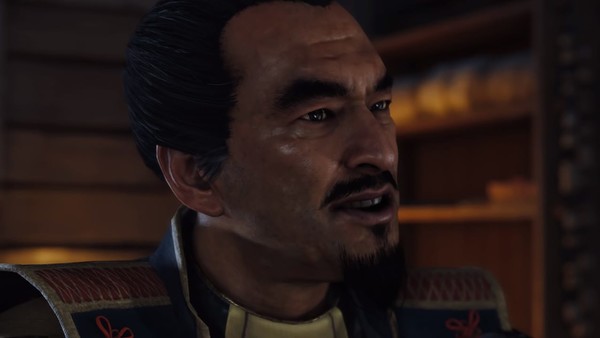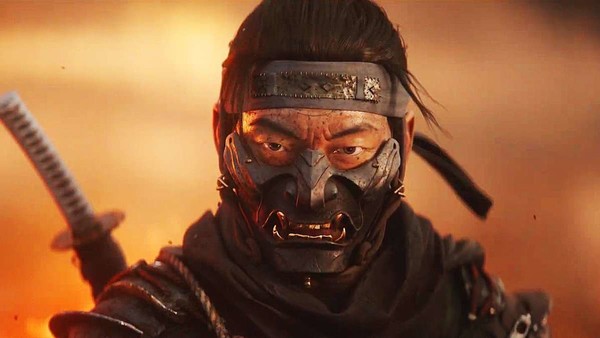Ghost Of Tsushima Ending EXPLAINED
4. Inevitability: Why Jin Was Always Going To Fight Lord Shimura

Ghost of Tsushima may take some liberties with history in its retelling of the Mongol Invasions of Japan, but it's no less compelling because of it.
While it's likely that the samurai were overwhelmed by the innovative and indeed brutal tactics of the Mongol armies, they weren't as beholden to the principles of Bushido as Ghost of Tsushima would lead players to believe. That being said, it does provide a great source of conflict in the game, and allows Sucker Punch to take tentative steps in exploring the feudal system, and how the samurai were deeply flawed than legend let's on.
Japan in the 13th century was ruled under the Kamakura shogunate, and the shogun himself was essentially a military dictator. Tsushima broaches both this aspect of Japanese history and the underlying tensions that arose from the class system in place, with Yuna decrying how out of touch the samurai are at various points in the story, and various other interactions also illustrating animosity from the peasantry towards their lords.
This is important, as Jin's transformation to becoming the Ghost sees him essentially rebel against the feudal system and become the Ghost of the people. Lords, like his uncle Shimura, are happy to let their men die needlessly rather than to fight dishonourably, but Jin understands that sacrifices need to be made to protect Tsushima's people, even coming to depend upon clan Yarikawa - once enemies to clans Sakai and Shimura - in what would later turn out to be a turning point in Khotun Khan's campaign.

We see from the very beginning that Jin doesn't naturally embrace the way of the samurai. He sees his father die in front of him at a young age, and the guilt of not being able to save him weighs on him thereafter. When he kills a bandit who tried to assassinate his uncle on a hunting trip, his first instinct is to lash out, rather than to follow his teachings.
While Jin eventually does grow up to become a noble samurai, one changed by the failed defence at Komada beach, it's made clear this was a life he didn't choose, and that it's a legacy he feels he cannot live up to, even shunning his father's armour until the game's second act.
The main point to emphasise here, though, is that the samurai are flawed - as much an instrument of oppression as they are noble warriors out to defend Japan. Their first allegiance is to the shogun, but by not only embracing dishonourable tactics - those that are synonymous with thieves and bandits, figures who belong to a different class - but also willingly embracing the myth of the Ghost and rallying Tsushima's people, Jin becomes a threat to his fellow lords.
As Shimura explains in their climactic ride to the Sakai gravesite following Khotun Khan's defeat, Tsushima's people now follow the Ghost. He defied the Jito, and in doing so, the shogunate too. Jin's sheer existence challenges the very feudal system itself - one Shimura cannot abandon.